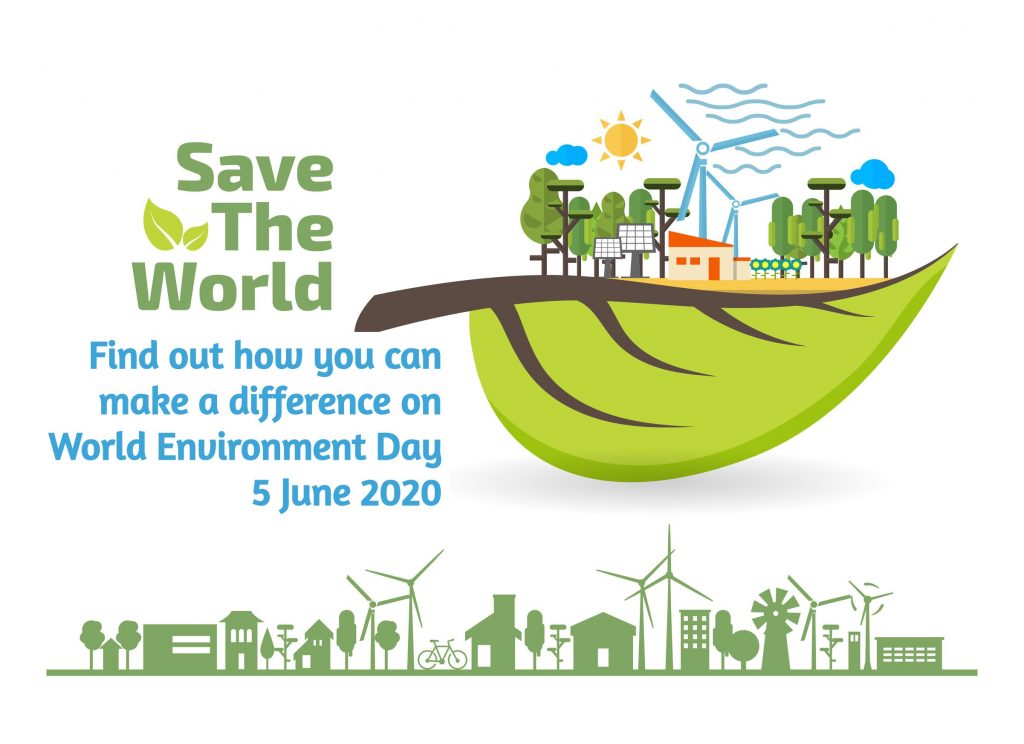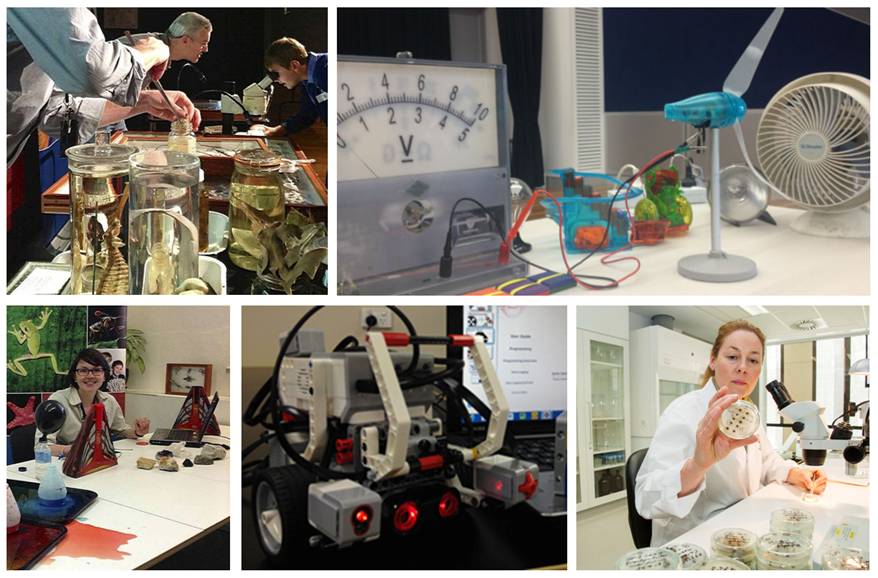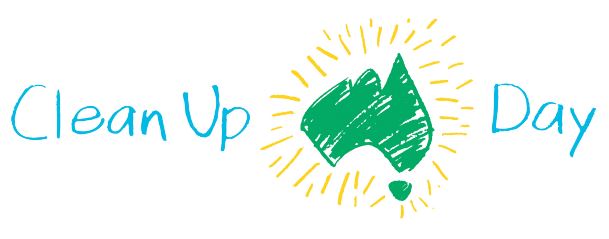NAIDOC week ANMM Unlocked: Unlock Water and Indigenous people
Time: 10:00
To celebrate NAIDOC week Indigenous our Programs curator and special guest Uncle Terry will discuss this year’s NAIDOC theme – Our Languages Matter – celebrating the unique and essential role that Indigenous languages play in cultural identity, linking people to their land and water and in the communication of Aboriginal and Torres Strait Islander history, spirituality and rites, through story and song.
NAIDOC week ANMM Unlocked: Unlock Water and Indigenous people
Time: 11:30
To celebrate NAIDOC week Indigenous our Programs curator and special guest Uncle Terry will discuss this year’s NAIDOC theme – Our Languages Matter – celebrating the unique and essential role that Indigenous languages play in cultural identity, linking people to their land and water and in the communication of Aboriginal and Torres Strait Islander history, spirituality and rites, through story and song.
NAIDOC week ANMM Unlocked: Unlock Water and Indigenous people
Time: 14:00
To celebrate NAIDOC week Indigenous our Programs curator and special guest Uncle Terry will discuss this year’s NAIDOC theme – Our Languages Matter – celebrating the unique and essential role that Indigenous languages play in cultural identity, linking people to their land and water and in the communication of Aboriginal and Torres Strait Islander history, spirituality and rites, through story and song.
NAIDOC week ANMM Unlocked: Unlock Water and Indigenous people
Time: 10:00
To celebrate NAIDOC week Indigenous our Programs curator and special guest Uncle Terry will discuss this year’s NAIDOC theme – Our Languages Matter – celebrating the unique and essential role that Indigenous languages play in cultural identity, linking people to their land and water and in the communication of Aboriginal and Torres Strait Islander history, spirituality and rites, through story and song.
NAIDOC week ANMM Unlocked: Unlock Water and Indigenous people
Time: 11:30
To celebrate NAIDOC week Indigenous our Programs curator and special guest Uncle Terry will discuss this year’s NAIDOC theme – Our Languages Matter – celebrating the unique and essential role that Indigenous languages play in cultural identity, linking people to their land and water and in the communication of Aboriginal and Torres Strait Islander history, spirituality and rites, through story and song.
NAIDOC week ANMM Unlocked: Unlock Water and Indigenous people
Time: 14:00
To celebrate NAIDOC week Indigenous our Programs curator and special guest Uncle Terry will discuss this year’s NAIDOC theme – Our Languages Matter – celebrating the unique and essential role that Indigenous languages play in cultural identity, linking people to their land and water and in the communication of Aboriginal and Torres Strait Islander history, spirituality and rites, through story and song.
Pre-NAIDOC week Dreamtime astronomy Stages 2 and 3
Time: 09:00
Celebrate NAIDOC week 2017 with an astronomical experience from the Boorong clan of the Wergaia language group (Vic) and be inspired by their sky knowledge and lore. Shared stories about Warring (The Milky Way), Bunya (Gamma Crucis in the Southern Cross) and the Nurrumbunguttia (Old spirits whose campfire smoke became the Milky Way) demonstrate a deep understanding and relationship with the sky that is shared across Australia’s diverse Aboriginal and Torres Strait Islander communities.
NAIDOC – Our Languages Matter
Time: 13:00
This video conference explores the impacts on the loss of Indigenous languages and the importance of language and language revitalization. Students will also learn some words in the Gadigal, Dharawal and Dharug Langauges from the local Aboriginal Peoples of the Sydney area.
Pre-NAIDOC week Dreamtime astronomy Stages 2 and 3
Time: 13:30
Celebrate NAIDOC week 2017 with an astronomical experience from the Boorong clan of the Wergaia language group (Vic) and be inspired by their sky knowledge and lore. Shared stories about Warring (The Milky Way), Bunya (Gamma Crucis in the Southern Cross) and the Nurrumbunguttia (Old spirits whose campfire smoke became the Milky Way) demonstrate a deep understanding and relationship with the sky that is shared across Australia’s diverse Aboriginal and Torres Strait Islander communities.
Aboriginal Language for Jarjums – NAIDOC
Time: 14:00
Your students will learn and practice Aboriginal language skills in this special video conference for NAIDOC week from the Royal Botanic Gardens. Join Aboriginal Education Officers in an exploration of Country, as we learn Aboriginal perspectives using traditional Wiradjuri, Barkandji and Cadigal language as an interpretation to fun learning of identifying country, plants, animals, people and objects.
Pre-NAIDOC week Dreamtime astronomy Stages 2 and 3
Time: 09:00
Celebrate NAIDOC week 2017 with an astronomical experience from the Boorong clan of the Wergaia language group (Vic) and be inspired by their sky knowledge and lore. Shared stories about Warring (The Milky Way), Bunya (Gamma Crucis in the Southern Cross) and the Nurrumbunguttia (Old spirits whose campfire smoke became the Milky Way) demonstrate a deep understanding and relationship with the sky that is shared across Australia’s diverse Aboriginal and Torres Strait Islander communities.
NAIDOC – Our Languages Matter
Time: 13:00
This video conference by the Australian Museum explores the impacts on the loss of Indigenous languages and the importance of language and language revitalization. Students will also learn some words in the Gadigal, Dharawal and Dharug Langauges from the local Aboriginal Peoples of the Sydney area.
Pre-NAIDOC week Dreamtime astronomy Stages 2 and 3
Time: 13:30
Celebrate NAIDOC week 2017 with an astronomical experience from the Boorong clan of the Wergaia language group (Vic) and be inspired by their sky knowledge and lore. Shared stories about Warring (The Milky Way), Bunya (Gamma Crucis in the Southern Cross) and the Nurrumbunguttia (Old spirits whose campfire smoke became the Milky Way) demonstrate a deep understanding and relationship with the sky that is shared across Australia’s diverse Aboriginal and Torres Strait Islander communities.
NAIDOC Week: Our Language Matters- NRL Learn
Time: 13:30
Join the NRL Community team as we celebrate NAIDOC Week, as the key message is Our Language Matters we will be talking about the Indigenous Culture and Meanings. As we have our Teacher who works with us Kalinda Bolt, she will be running an Indigenous session which will involve the kids to join in.
NAIDOC Week: Our Language Matters- NRL Learn
Time: 14:00
Join the NRL Community team as we celebrate NAIDOC Week, as the key message is Our Language Matters we will be talking about the Indigenous Culture and Meanings. As we have our Teacher who works with us Kalinda Bolt, she will be running an Indigenous session which will involve the kids to join in.
NAIDOC – Our Languages Matter
Time: 13:00
This video conference by the Australian Museum explores the impacts on the loss of Indigenous languages and the importance of language and language revitalization. Students will also learn some words in the Gadigal, Dharawal and Dharug Langauges from the local Aboriginal Peoples of the Sydney area.
NAIDOC – Our Languages Matter
Time: 13:00
This video conference by the Australian Museum explores the impacts on the loss of Indigenous languages and the importance of language and language revitalization. Students will also learn some words in the Gadigal, Dharawal and Dharug Langauges from the local Aboriginal Peoples of the Sydney area.
Aboriginal Language for Jarjums – NAIDOC
Time: 14:30
Your students will learn and practice Aboriginal language skills in this special video conference for NAIDOC week from the Royal Botanic Gardens. Join Aboriginal Education Officers in an exploration of Country, as we learn Aboriginal perspectives using traditional Wiradjuri, Barkandji and Cadigal language as an interpretation to fun learning of identifying country, plants, animals, people and objects.



























